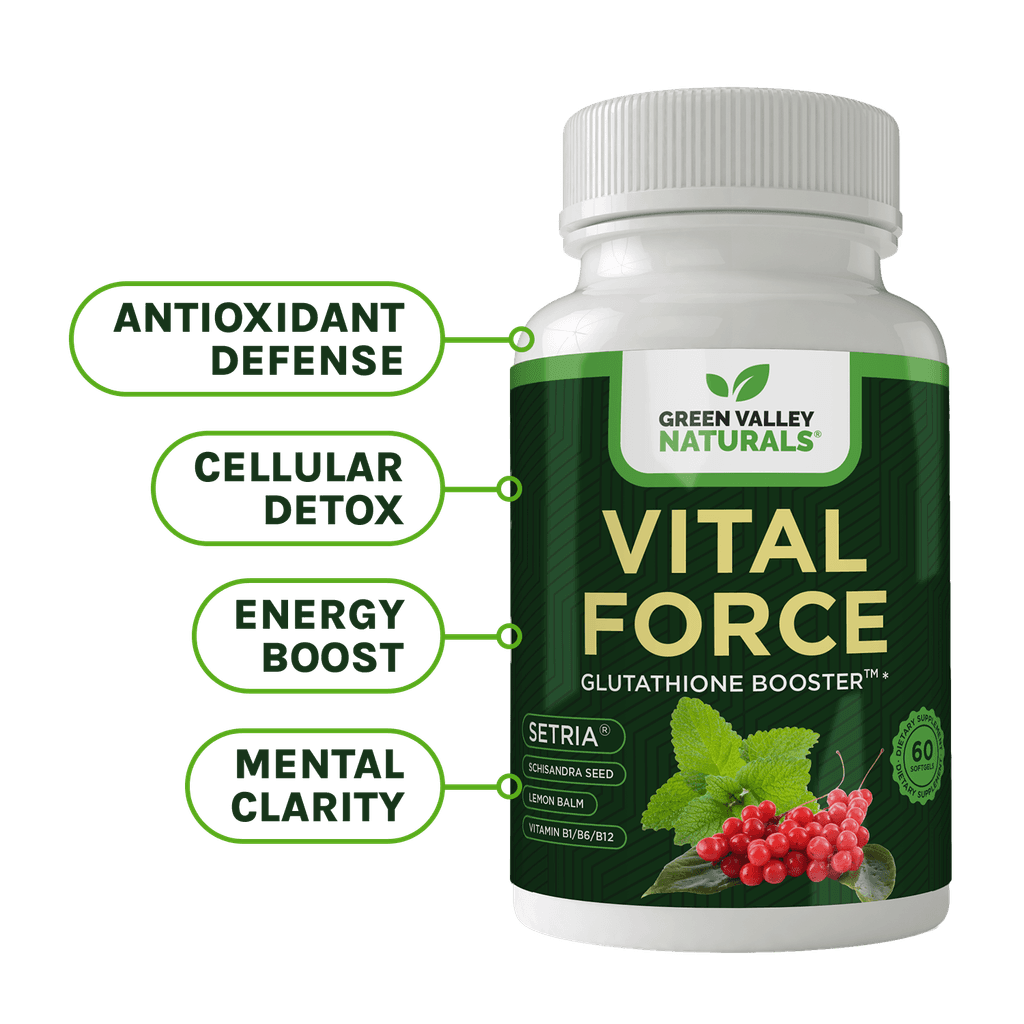
Aging is the biggest risk factor for dementia, and with the baby boomer generation now in their senior years, dementia prevalence is rising steeply. Yet this hides some good news. Even as total numbers increase, the proportion or incidence of older people with dementia is shrinking, although it’s unclear why.
Perhaps it’s because older people are eating more healthily and getting more exercise. Surprisingly, no study has ever examined how changes in each of the dementia risk factors over time affect dementia levels in the population.
British scientists have now started filling in this research gap and uncovered the single most important factor for reducing your risk of dementia.
Key Takeaways
- The biggest dementia risk factor? High blood pressure.
- Healthy lifestyle factors such as education and reduced smoking, as well as improved diet and exercise, have contributed to the decline in dementia cases.
- Diets like DASH and Mediterranean, physical activity, stress management, and supplements like magnesium and potassium are effective in lowering high blood pressure and potentially reducing dementia risk.
Dementia Risk Factors Rise
Some dementia risk factors have been exploding over the last half-century. Two that come to mind are obesity and diabetes, which can increase your risk of dementia by 31 and 39 percent, respectively.
However, other risk factors are actually on a downward spiral. One that’s in freefall is smoking. Sixty years ago, 42 percent of U.S. adults smoked cigarettes. By 2017, that figure was down to 14 percent, which is the lowest point in recorded history.
Another is a lack of education. Over the decades, there’s been better access to and more widespread education about how to make healthy lifestyle choices, which should lower rates of dementia in the years following.
Researchers from University College London wanted to find out what proportion of dementia cases were attributable to these and other risk factors over time and whether one or more stood out from the rest.
Revealed: The Biggest Risk Factor for Dementia
To find out, they examined nearly two thousand papers investigating changes in dementia prevalence or incidence over time, but only 27 high-quality studies met their criteria for inclusion. These came from the U.S., Europe, and Japan, with data collected between 1947 and 2015.
They extracted dementia risk factors from each paper and calculated the proportion of cases attributable to each over time. In addition to the ones already mentioned, others examined included heart disease, stroke, cancer, depression, medications, social activities, physical activity, and alcohol use. Diet was not included, however. This is clearly a serious omission, but the data simply wasn’t available.
The findings revealed that in Europe and the U.S., dementia incidence has consistently declined. One study from Japan showed the opposite, with an increase in both the prevalence and incidence of dementia.
Findings also confirmed dementia was, in fact, lowered thanks to better education and less smoking but increased because of obesity and diabetes.
However, the most important factor to increase dementia risk was high blood pressure. [1]
Heart Healthy = Brain Healthy
Dr. Naaheed Mukadam, lead author of the study published in the journal Lancet Public Health in July, said: “Cardiovascular risk factors may have contributed more to dementia risk over time, so these deserve more targeted action for future dementia prevention efforts.” [2]
Dr. Isolde Radford, senior policy manager at Alzheimer's Research UK, declared: "This new analysis says it loud and clear that managing high blood pressure and keeping our hearts healthy is playing an important role in reducing our risk of developing dementia.
“Evidence tells us that what's good for our hearts is good for our brains, and this new research underlines the importance of this message. So, things like eating a healthy balanced diet and staying physically active can all help people to reduce their risk of dementia.” [3]
So, how can we lower high blood pressure without having to resort to medication?
Effective Diet and Lifestyle Strategies
As Dr. Radford points out, eating healthily is vital.
The Dietary Approaches to Stop Hypertension (DASH) is one method. It focuses on fruits, vegetables, whole grains, fish, poultry, beans and nuts. It includes fat-free or low-fat dairy products but limits fatty foods and ones high in salt. [4]
The Mediterranean diet also improves blood pressure and arterial stiffness in older adults. [5]
The MIND diet, designed to combat Alzheimer’s, combines the Mediterranean and DASH diets.
The Comprehensive Approach to Lower Blood Pressure (CALM-BP) goes even further. It combines a healthy whole-grain rice diet with walks, yoga, qigong, controlled diaphragmatic breathing, relaxation, and stress management. [6]
Many nutritional supplements can also lower blood pressure. Magnesium and potassium are top of the list. Others include l-arginine, beetroot juice, vitamin C, CoQ10, green tea, clove extract, and celery seed extract.
And finally, get moving. Good old fashioned exercise is one of the best things you can do for your blood pressure, your heart and your brain.
Summary
Aging is the primary risk factor for dementia. Still, recent research shows that while the total number of dementia cases is increasing, the proportion of older people with dementia is actually decreasing. This trend might be due to healthier lifestyles and better education. British scientists have identified high blood pressure as the most significant risk factor for dementia. Their study highlights the importance of cardiovascular health for brain health, suggesting that managing high blood pressure through diet, physical activity, and lifestyle changes is crucial for reducing dementia risk.
- Mukadam N, et al. Changes in prevalence and incidence of dementia and risk factors for dementia: an analysis from cohort studies Lancet Public Health. 2024 Jul;9(7):e443-e460.
- UCL News
- Daily Record
- Mayo Clinic
- Jennings A, et al. Mediterranean-Style Diet Improves Systolic Blood Pressure and Arterial Stiffness in Older Adults Hypertension. 2019 Mar;73(3):578-586.
- Ziv A, et al. Comprehensive Approach to Lower Blood Pressure (CALM-BP): a randomized controlled trial of a multifactorial lifestyle intervention J Hum Hypertens. 2013 Oct;27(10):594-600.

